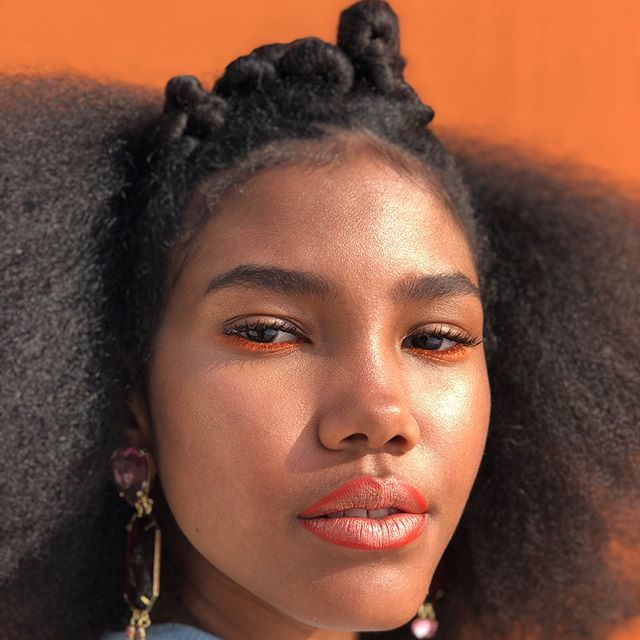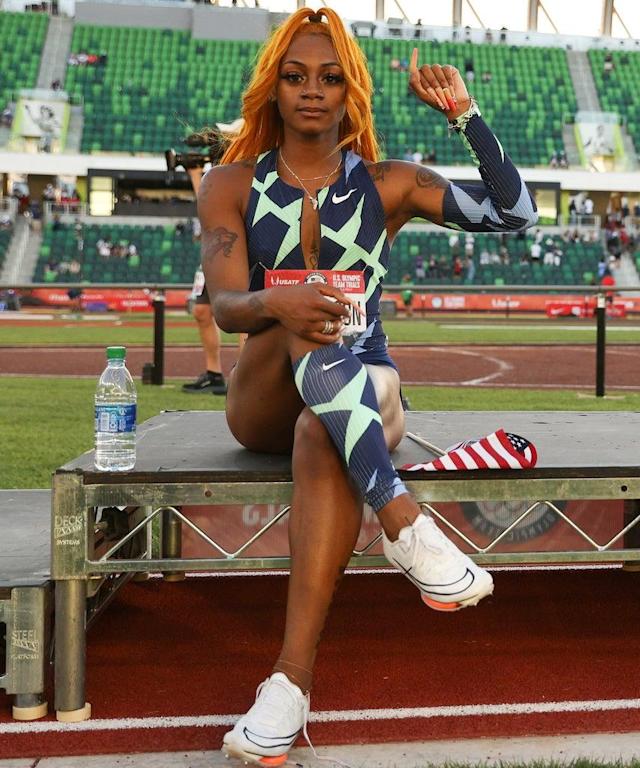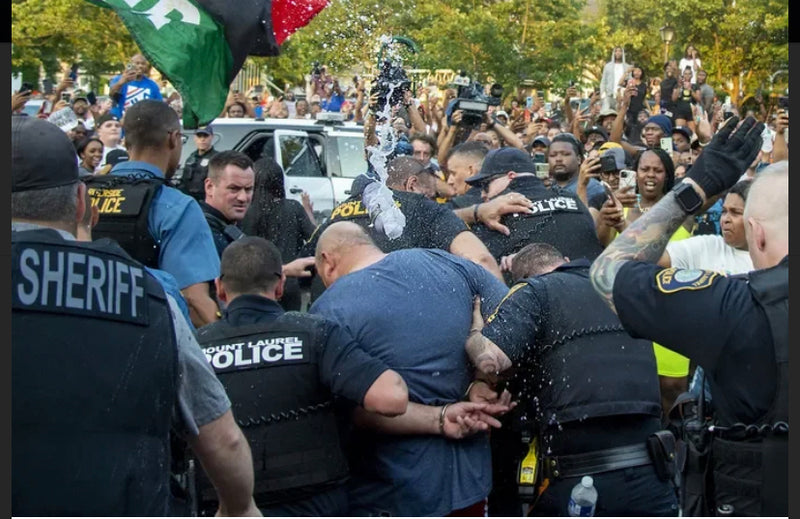
Listen, the numbers don’t lie! In the 2018 Nielsen report “Black shoppers spent $473 million in total hair care (a $4.2 billion industry) and made other significant investments in personal appearance products”.
With that being said, you’re wondering why those numbers matter and how they correlate to the popular saying “don’t touch my hair”. Black women will not spend money on something they are not passionate about-- and that includes their hair. Now here are some brief facts for you:
Throughout history, and we’re taking it back to the 1400s and Africa, black women have used their hair as not only statement pieces, but to represent their social and economic status’, as well as their tribes. And have you seen the movie “Self Made” based on the true story of Madam C.J. Walker? A black woman who single-handedly advanced the black haircare market in the 1900s?! Or think about the afro and the Black Panthers--we fought for our lives and our hair silently yet boldly shouted--we will not be restrained!
Then Solange wrote, “Don't touch my hair/ When it's the feelings I wear/Don't touch my soul/When it's the rhythm I know/ Don't touch my crown/ They say the vision I've found”. A Black Woman's hair is a full-on visual representation of who she is as a person, now imagine someone trying to touch it...pure disrespect and violation. It’s not just “Don’t touch my hair” it's Don’t touch ME! Our hair is our crown because clearly, we’re queens! A black women’s hair is like raising a child (slight drag) but think about it, we nurture it, we feed it, we quench it, and we watch it grow and go through life's transitions. We birthed it, It’s simply who we are.
So make sure you shop our “Counsel Culture” Crewneck today! Because we’re schooling folk all 2021- “DON’T TOUCH MY HAIR”
In Honor of Cicely Tyson:




